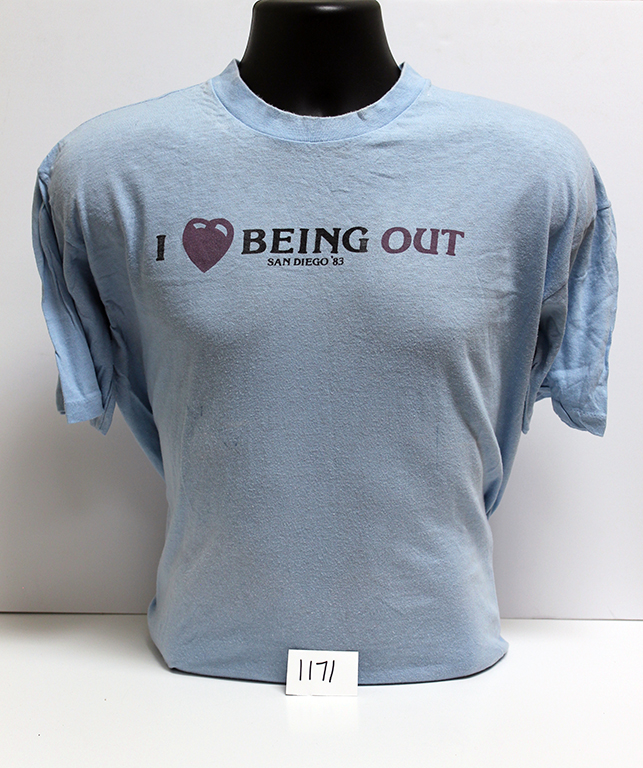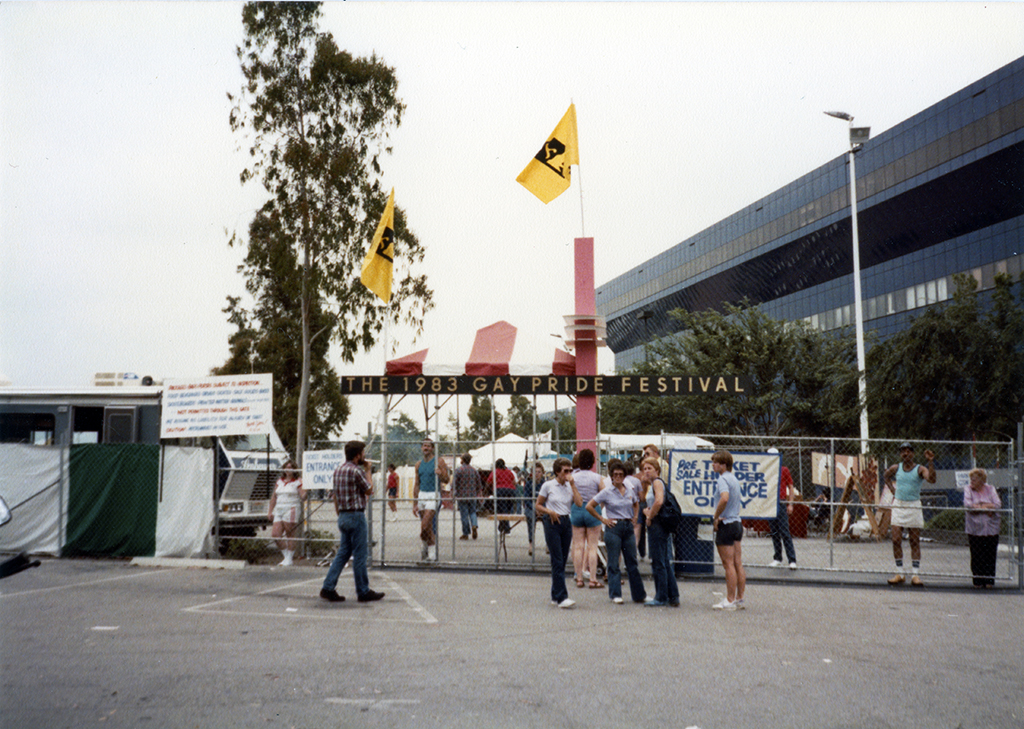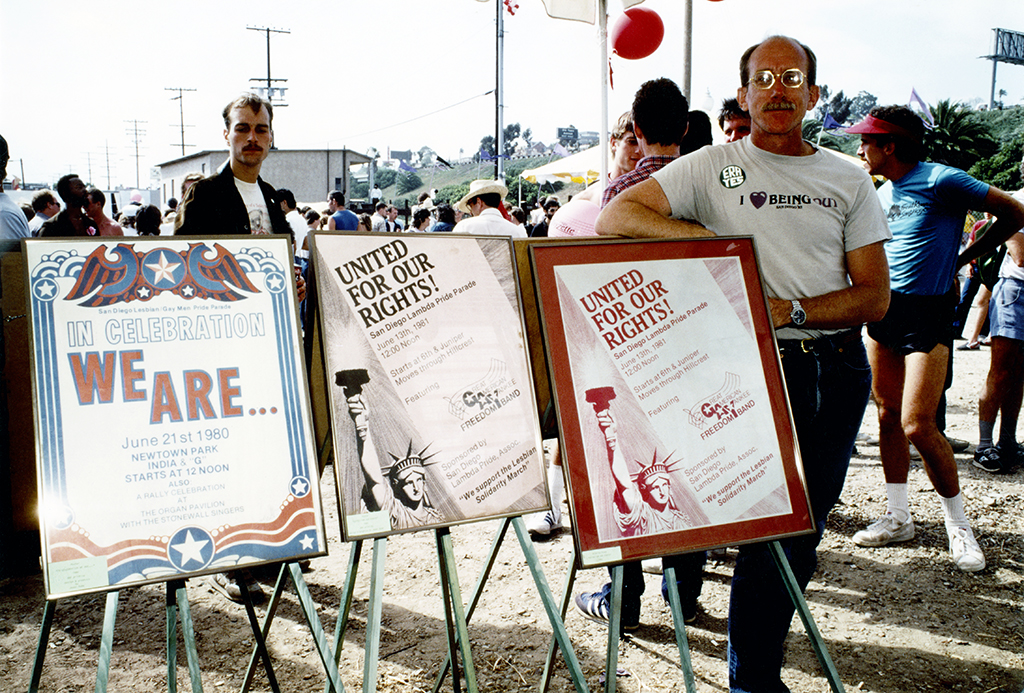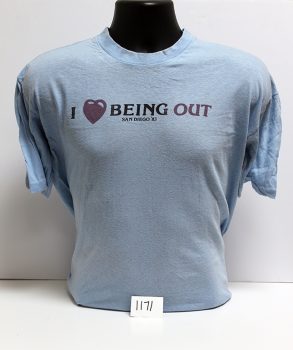
In 1983, Lambda Pride officially received its non-profit status, which allowed the organization more autonomy in planning their annual event. Pride celebrations grew in participation, activities, and attendance. However, permits were once again initially denied by the San Diego Police Department. With help from attorney Tom Homann, Lambda Pride filed an appeal and contacted the local media to publicize the issue. By the next day, the permits were approved. Pride started off on June 11th at 9 a.m. with a three-mile Gay Pride Run and picnic in Balboa Park. Picnickers watched the parade assemble while judges including Jeri Dilno, Carolyn Harshman, Nicole Murray, Joanne Kerr, and Jim Weatherall assessed the floats. Awards for the floats and honorees were later presented at the festival by Doug Moore, director and moderator of San Diego Lambda Pride Association.

The parade kicked off at noon at Sixth and Laurel with fifty-five contingents and space at the end of the parade line for individuals to march. A crowd of five thousand reportedly watched the parade, and for the second year, a rally was not held. The festival returned to the West Coast Production Company parking lot and a red double-decker bus shuttled people between events all day. That year’s festival was the largest and busiest to date, measuring thirty-five thousand square feet in size and featuring forty exhibitors. Performers included R&B singer Angela Clemmons, electronic duo Jo-Lo, the Great American Yankee Freedom Band, and lesbian comic Robin Tyler. Fundraising efforts included a raffle and a suggested donation at the door. Activities included dancing, a dunk tank and hot air balloon rides. At least four thousand attendees enjoyed the festival.

Significantly, Republican Mayor Roger Hedgecock declared June 11th, 1983 as Human Rights Day to honor the “economic, cultural and intellectual diversity” and contributions of the gay community. However, this proclamation was met with mixed reactions. Although the proclamation was explicitly directed towards the gay community, many felt that the wording was inadequate. On June 9th, The Gayzette published an article directed at Mayor Hedgecock declaring June 11th to be Lesbian and Gay Pride Day, encouraging the mayor to follow suit with an official proclamation. Interestingly, Roger Hedgecock would later go on to be a conservative talk show host who took legal action attempting to force Pride to allow participation in the parade by an anti-gay contingent known as the “Normal People.”
